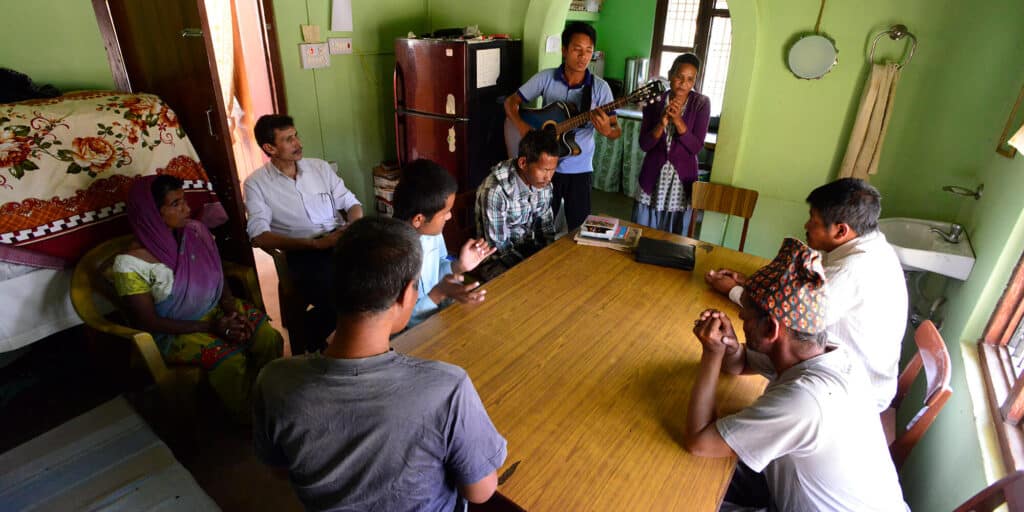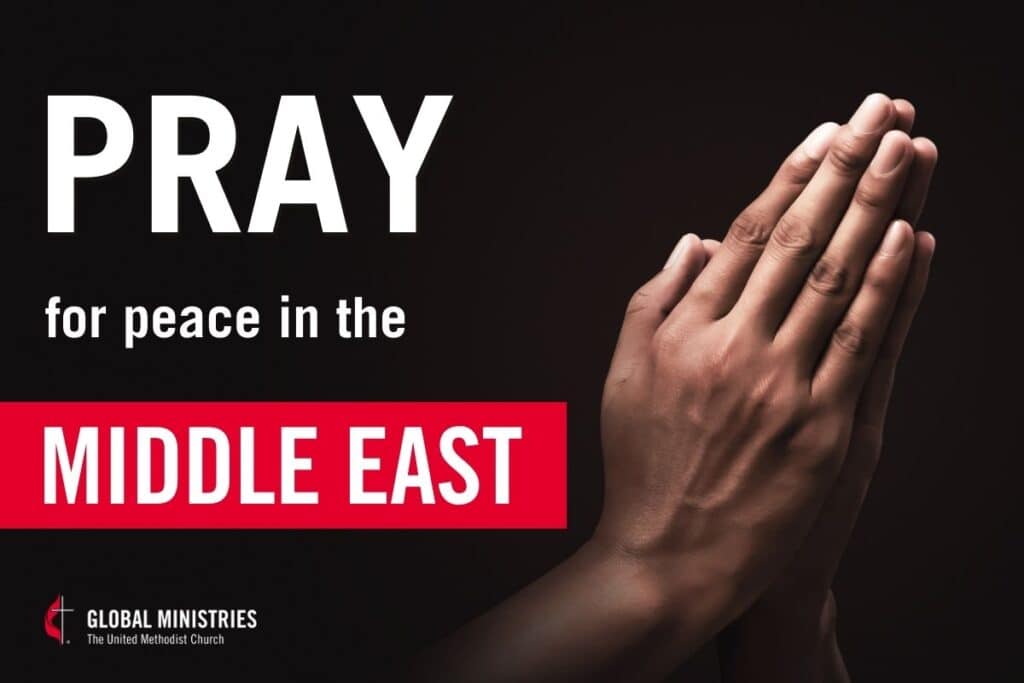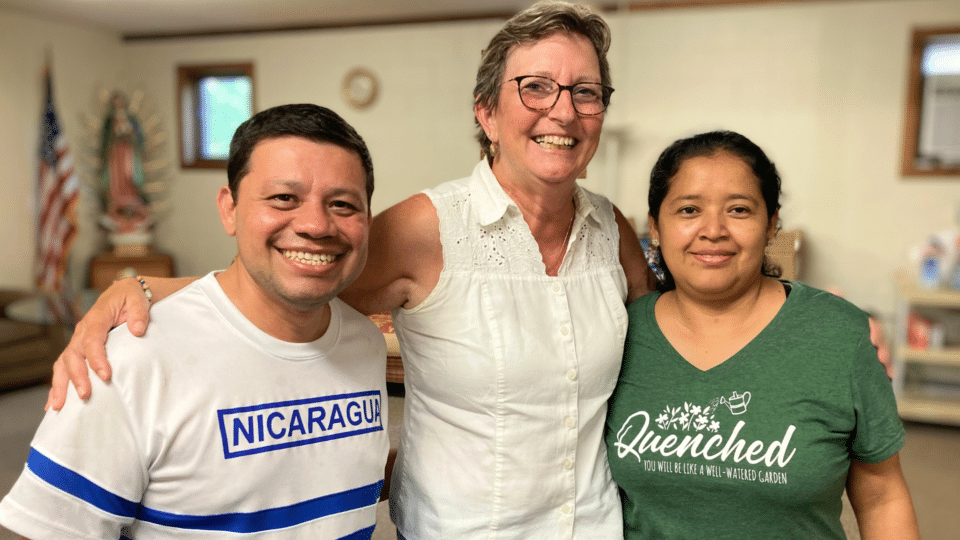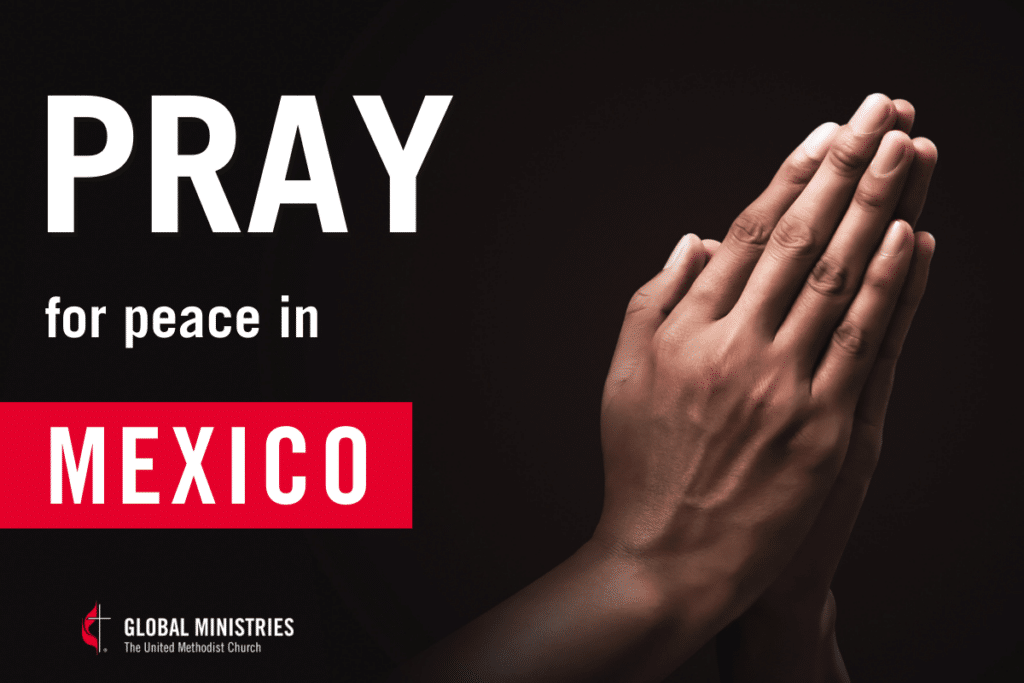By Christie R. House
August 7, 2019 | ATLANTA
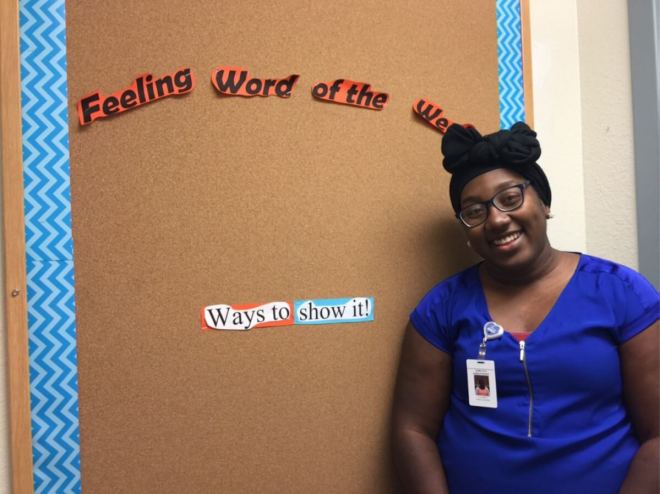
In Clarksville, Texas, a town of 3,000 residents, the school district has lost more than half its enrollment in the last decade. More middle-class residents opt out of the local school system for better-resourced facilities in other counties. The Clarksville School District, down to 500 students who are generally from low-income ethnic minority families, struggled to compete for Texas state education funds, which are tied to enrollment numbers. The district had no licensed counselor to cover students in all grade levels. At a Clarksville elementary school, Teddy’s* grandmother was concerned about his sometimes violent, disruptive behavior. “His negative thoughts prevent him from paying attention to the teacher because he thinks, ‘I’m going to fail anyway,’” she stated. Can the United Methodist Abundant Health Initiative help someone like Teddy?
Across the globe in the highlands of Nepal, the Tansen United Mission Hospital receives mentally ill patients that the police find wandering in the bazaar; some with physical injuries or epilepsy, some close to death from exposure. In a few cases, the hospital keeps the patients for 6-18 months after their physical ailments have healed because there is no safe place for them to go after being discharged. “There are only a very few options for referral for care for these kinds of patients,” Pun Narayan Shrestha, the Nepali Health Board chair, confirmed, “and they are mostly full and quite expensive. One man was sent home to the capital city after 18 months in our care. He wandered off and was lost within two days.” What can Abundant Health do in this case?
Back in the United States, the Hoover Treatment Center in Little Rock, Arkansas, has admitted another client with a court order that said if she didn’t go for treatment, she would go to jail. Jennifer Johnston had hit the bottom. “I had been prescribed opioids by my doctor for 20+ years for having chronic pain from many years of competing and coaching gymnastics,” says Johnston. “After so many years, oxycodone no longer worked, which led me to buy something stronger in the streets. I became an intravenous drug user, and my addiction was so bad that I had to sell drugs to get my fix just to avoid becoming violently ill.” What can Abundant Health do for women like Johnston?
A global concern
Proper diagnosis of and treatment for diseases related to mental health has been long-neglected in many places of the world, so much so that the 66th World Health Assembly, meeting in Geneva in 2013, passed the Comprehensive Mental Health Action Plan
2013-2020. The director general of the World Health Organization, Dr. Margaret Chan, described the plan as a landmark achievement. “It focuses international attention on a long-neglected problem, and it does so with a welcome sense of urgency. It is a signal that mental health deserves much higher strategic priority.”
The international plan calls for governments to enact comprehensive, integrated and responsive mental health and social care services in community-based settings. But it also calls for change in the attitudes that perpetuate stigma and discrimination concerning mental illness. That stigma is just as palpable today in the United States as it is in countries of all levels of development.
Sabrina Rodgers, a technical adviser for Noncommunicable Disease for Global Ministries, says mental disorders like depression and substance use impact the global disease burden substantially. “These issues may lead to premature deaths and low quality of life for millions around the world,” she explains. “Early diagnosis and interventions that increase access to mental health resources, treatment and care must be a top priority in the U.S. and abroad.”
Answering the call to improve mental health
How Global Health responds to mental health needs across the world depends on the resources and creativity of the partners involved. Just like the need for expertise when dealing with physical health, mental health ministries require trained professional practitioners. Abundant Health grants can assist in a variety of ways, but each proposal is considered on its own for how it works in its unique community.
Clarksville, for instance, is in the North Texas Conference area of The United Methodist Church. In 2013, the conference developed an outreach ministry called the Zip Code Connection, which primarily helps local churches and partners develop ministries in the two postal areas with the highest rates of poverty in North Texas, one of which is Clarksville, Red River County. A grant from the Abundant Health Initiative allowed North Texas to help the school district address student behavioral and mental health needs.
The Rev. Andrew Fiser, associate director for the North Texas Center for Missional Outreach, says the conference worked with United Methodist churches in the county and three in Clarksville proper. The Zip Code Connection partnered with school administrators to find a local resident to train as a district counselor. The district hired Adriana Kirkindoff and a professional United Methodist counselor in a neighboring district agreed to supervise her licensure and training. The Abundant Health grant paid
her salary and some fees that first year. But by January 2019, Kirkindoff was fully licensed and the school district assumed her salary.
Teddy is one of Kirkindoff’s students. His grandmother was amazed at how time with the counselor transformed his behavior. “My child would not be who he is today without Ms. A.” she wrote in a letter. “The counseling has helped him learn that violence is not the key, and respect will get you far. His violent thoughts have ceased, and he has learned to be much more respectful, obedient and mannerly.”
“A lot of great people in Clarksville and some Methodist connections came together to make this happen,” Fiser affirmed.
In Nepal, another kind of Abundant Health grant helped Tansen Hospital serve mental health patients after discharge. With only a few psychiatric rehabilitation centers in the whole country, Tansen Hospital decided to build the New Life Psychiatric Rehab Centre. A significant Health Systems Strengthening grant of more than $100,000 is helping the hospital replace the temporary building and rentals it had pieced together with a more permanent center for mental health clients who have no family support and need a safe place to recover.
Dr. Graciela Salvador-Davila, director of Global Health and a technical advisor for Health Systems in Global Ministries’ Global Health unit, explains, “The hospital in Nepal is one of a handful of partners we know that attends these types of cases separately from the general patient population.”
The center is a joint venture of Tansen Hospital, United Mission to Nepal (a faith-based medical mission that includes the UMC) and the local and district levels of government administration. While there is no training in psychiatric nursing or psychiatric social work in Nepal, Tansen staff found a candidate willing to study elsewhere for her post-graduate training to become a psychiatrist. In 2015, the center purchased land with funds raised from individuals (mostly doctors, their friends and churches). A small farm on the land allows staff and residents to grow rice and vegetables and raise cows, which provides homegrown food and a small income from milk and vegetable sales. Working on the farm gives residents purpose and comfort.
The temporary center had room for about nine residents but the new facility will double that capacity and provide separate quarters for the staff.
Addiction’s toll
The Hoover Treatment Center in Little Rock, Arkansas, an outgrowth of Theressa Hoover United Methodist Church under its nonprofit umbrella, Better Community Development, Inc., has offered treatment and support to people struggling with addiction for more than 30 years. BCD programs are community-based and community-driven, with long-term strategies of capacity-building and sustainability. “We operate a residential and an outpatient substance abuse program,” explains Deborah Bell, BCD’s director and Theressa Hoover UMC’s pastor. “We provide different options for residential services depending on an individual’s situation. We have supportive housing for 24, 12 for men and 12 for women; efficiency apartments for 30 singles in Empowerment Village, half for men and half for women; Will’s House for men; and a four-plex for women called Beyond Shelter.
Abundant Health assisted BCD to provide substance abuse counseling services to 70 men and women through its residential facilities and outreach initiatives. Bell confirmed that substance abuse and mental illness often dwell together: “We’ve determined in doing this work in the last 7-8 years that most cases of substance abuse are really a dual diagnosis. Bipolar disorder, depression, Post Traumatic Stress, it’s hard to deal with both, but that’s what you have to do. We’ve determined that about 80% of those we treat have a dual diagnosis, known as Co-Occurring Disorder. Counseling, fitness classes, yoga, tai chi, good diet and nutrition, all of these are components we offer to deal with substance abuse holistically as a health issue.”
After treatment, Jennifer Johnston, quoted above, moved into BCD’s Empowerment Village, a chemical-free residence that gives structure and space for clients to recover in a healthy environment. Remaining drug or alcohol free requires more than clearing the physical addiction to a substance from the body. Emotional and psychological support, and sometimes a whole new mindset, are needed to break free of addiction. Today, Johnston is training to become a counselor, and she has joined Theressa Hoover UMC as a member and new leader.
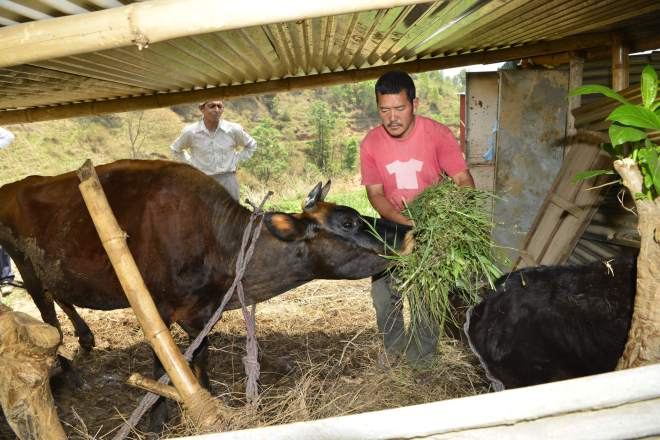
As pastor of the church, Bell says the most fulfilling part of her work is helping people reconcile their spiritual lives. “These were people who had been hurt and stopped believing, and now they are involved and sharing their stories,” Bell says.
Abundant Health pertains to all kinds of health – physical, emotional, psychological and spiritual health – working together for the wellbeing of whole people in whole and healthy communities. As the United Methodist Abundant Health Initiative strives to reach 1 million children with life-saving interventions, it also reaches millions more: parents, grandparents, teachers, pastors, and counselors who touch their lives. “We respond to a person’s mind, body and spirit,” said Salvador-Davila. “Our work is comprehensive and holistic, like the people we serve.”
*name changed to protect identity
Christie R. House is the senior writer/editor for Communications with the General Board of Global Ministries.
